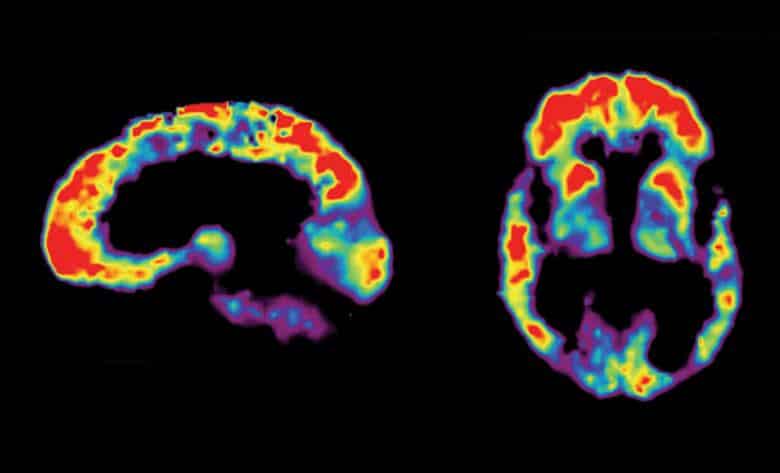By Joyce Lee
I don’t have Alzheimer’s, at least not yet, but when I do, will you still read what I have to say?
This is the question posed in the latest Forbes column by Dr. Jason Karlawish, co-director of the Penn Memory Center.
What he’s getting at is the pervasive stigma that surrounds the disease. A stigma that also “spills over” to the families and caregivers of those with the disease. A stigma that can lower the quality of life of patients with the disease, that can prevent them from coming into memory centers like PMC to get diagnosed or participate in research.
This stigma will change, one way or another, Dr. Karlawish writes, for the way we diagnose Alzheimer’s disease is changing. And the definition of Alzheimer’s disease is shifting.
Pretty soon, an estimated 47 million people in America will have Alzheimer’s disease. Not necessarily at the severe level commonly associated with the disease, characterized by inability to carry out important functions for daily life like shopping, driving, or paying bills. Or even more basic, fundamental functions like eating, grooming, or bathing. These 47 million people will have Alzheimer’s disease as characterized by biomarkers revealed through brain scans or genetic tests indicating a person will likely develop increasingly severe symptoms of the disease in the future.
These people may be able to carry out everyday tasks and may not show impairment in tests of their memory and other cognitive skills. They will be in the “preclinical” stage of Alzheimer’s disease.
“This ‘pre-clinical’ Alzheimer’s diagnosis is essential to achieve a valuable public health goal, diagnosis and treatment before disabling cognitive impairments,” Dr. Karlawish writes. And “this change in definition requires a change in culture.”
So how do we (or will we) combat these stigmatizing beliefs associated with Alzheimer’s disease? We could start with the word. Use another term — “brain amyloidosis” — for the disease in place of it. We could tell stories about the experience of having it. Patients like Bill Lyon are courageously picking up the pen to report from the trenches in their battle with the disease. Because ultimately, “the more we humanize the experience of Alzheimer’s disease, perhaps even normalize it,” the more we’ll be able to progress in changing the culture surrounding the disease.
For the complete column in Forbes, please click here.
